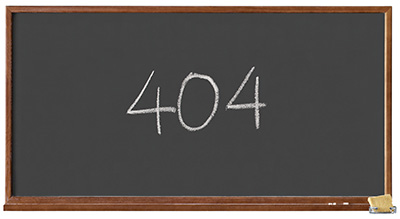
We're sorry.
We've rearranged the desks in the classroom, so the page you're looking for may have a new location at nysut.org.
Here are some options.
1) Search. Try the search box at the top of the page.
2) Browse. Use the navigation at the bottom of the page.
3) Shortcuts. Go to nysut.org/shortcuts for a list of commonly visited pages.
4) Contact us. You can also reach us with questions or comments about the website at webmaster@nysut.org, or visit the contact page for phone and email contact information of specific NYSUT departments.
Thank you.